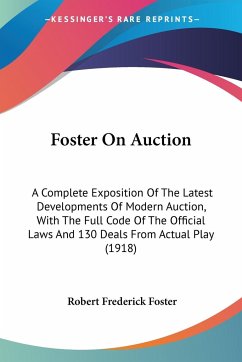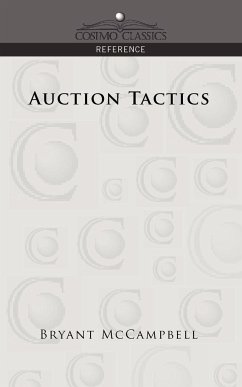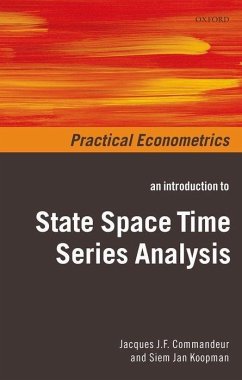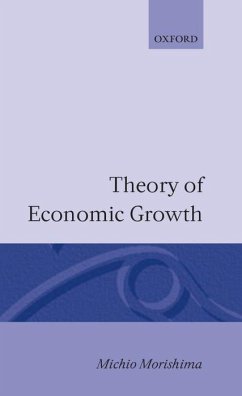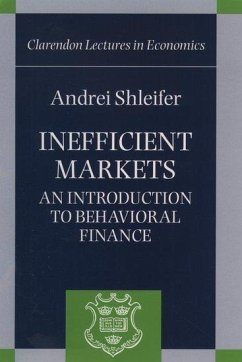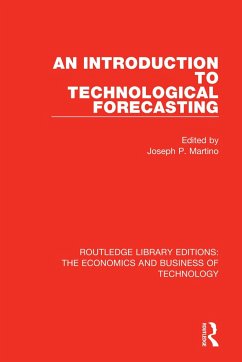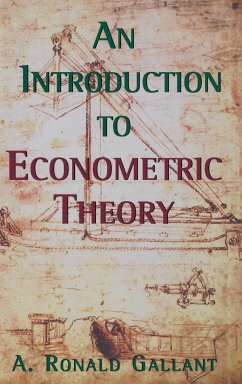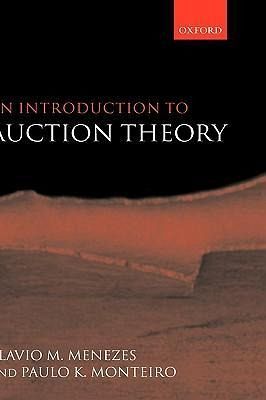
An Introduction to Auction Theory
Versandkostenfrei!
Versandfertig in 1-2 Wochen
82,99 €
inkl. MwSt.

PAYBACK Punkte
41 °P sammeln!
This step-by-step, self-contained introduction to the theory of auctions allows students and readers with a calculus background to work through all the basic results in auction theory. Readers will work through the basic independent-private-model, understand the effects of introducing correlation in valuations on equilibrium behaviour and the seller's expected revenue, develop a working knowledge of mechanism design, and be introduced to the theory of multi-object auctions.



